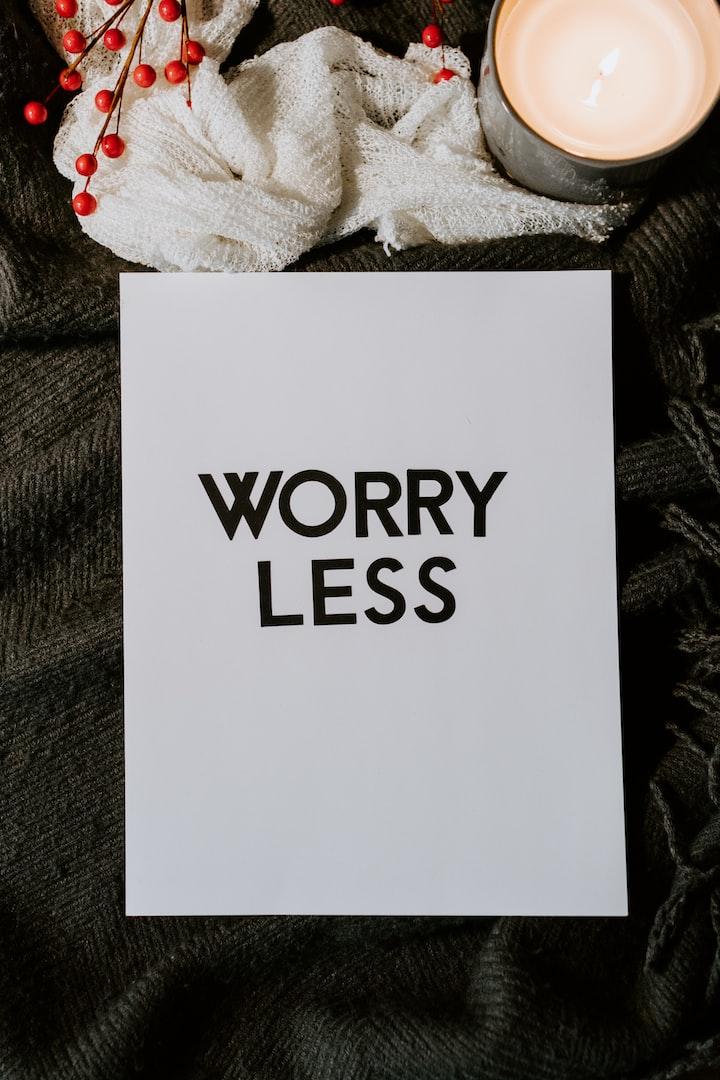Some people believe that crying can be beneficial in relieving anxiety. While it may seem counter-intuitive, the act of crying can actually help to release tension and promote a sense of calm. When we cry, our body releases endorphins, which are hormones that produce feelings of happiness and well-being. Additionally, crying can help to lower our cortisol levels, which is the hormone associated with stress.
While there is no scientific evidence to support the claim that crying is an effective way to relieve anxiety, many people find it helpful in moments of stress or emotional turmoil. If you find yourself feeling anxious or overwhelmed, allow yourself to cry if it feels like the right thing to do. There is no shame in seeking comfort through tears – sometimes all we need is a good cry.
Extremely high and low moods
A person’s mood can have a big impact on their day-to-day life. It can affect how they interact with others, how they feel about themselves, and how motivated they are to do things. A person’s mood can also fluctuate throughout the day, or even from one day to the next.
For some people, these changes in mood are so extreme that they may be diagnosed with a Mood Disorder. Mood Disorders are characterized by persistent and severe changes in mood that can last for weeks, months, or even years. Some of the most common Mood Disorders include Major Depressive Disorder and Bipolar Disorder.
People who suffer from Extremely high or low moods often find it difficult to function in their everyday lives. They may have difficulty keeping up with work or school, and their personal relationships may suffer as a result. People who experience Extremely high or low moods may also be more likely to abuse drugs or alcohol as a way of coping with their emotions.
If you are struggling with Extremely high or low moods, it is important to seek professional help. A mental health professional can help you understand your symptoms and develop a treatment plan that is right for you.
Excessive fear, worry, or anxiety
There are many different types of anxiety disorders, each with its own set of symptoms. But there are some commonalities among all types of anxiety: feeling restless or on edge, having difficulty concentrating, feeling easily fatigued, irritability, muscle tension, and sleep problems. If you’re experiencing any of these symptoms on a regular basis, it’s important to talk to your doctor about it so you can get the help you need.
There are a number of effective treatments for anxiety disorders. Cognitive behavioral therapy is one of the most widely used and researched methods. This type of therapy helps people understand and change the negative thoughts and beliefs that contribute to their anxiety. Other common treatments include medication (anxiety medications can be very effective in reducing symptoms), relaxation techniques (such as breathing exercises), and exposure therapy (which involves gradually exposing yourself to the things you’re afraid of in a safe setting).
If you suffer from excessive fear, worry, or anxiety, know that help is available and there is hope for recovery!
Social withdrawal
What is Social Withdrawal?
Social withdrawal refers to the avoidance of social situations or contact with others. This can be due to fear, anxiety or simply a preference for being alone. People who suffer from social withdrawal may find themselves cancelling plans at the last minute, avoiding eye contact with others or declining invitations to events. In severe cases, social withdrawal can lead to complete isolation from family and friends.
Why Does Anxiety Cause Social Withdrawal?
There are a number of reasons why anxiety may lead to social withdrawal. For some people, anxiety itself may make them feel uncomfortable in large groups or around new people. Others may worry that they will say something embarrassing or that they will have a panic attack in public. Still others may avoid social situations because they feel like they can not control their symptoms in these settings. Whatever the reason, social withdrawal can be a difficult symptom to manage.
How Can I Cope With Social Withdrawal?
If you suffer from social withdrawal due .
Dramatic changes in eating or sleeping habits
When about coping with anxiety, there are many different strategies that people can use. Some people find that crying can be a helpful way to release tension and emotion. While it may not be everyone’s first choice of coping mechanism, research suggests that crying may actually have some benefits for mental health.
For many people, crying is seen as a sign of weakness or instability. In our culture, we tend to view tears as something to be avoided or hidden away. But what if we looked at tears in a different light? What if we saw them as a natural and normal response to stress and anxiety?
Crying is actually a form of self-care. When we cry, our bodies release neurochemical substances that can help us feel better. These substances include endorphins (which have mood-boosting effects) and prolactin (which helps us feel calmer). Crying also helps to reduce levels of the stress hormone cortisol in the body.
In addition to the physical benefits, crying can also offer psychological relief from anxiety. The act of crying allows us to express our emotions in a safe and healthy way. It can help us to let go of bottled-up feelings and allow ourselves to process difficult experiences. Crying can also provide a sense of connection and support, especially if we share our tears with someone who cares about us.
If you’re struggling with anxiety, know that you are not alone. There are many different ways to cope with this condition, and what works for one person may not work for another. If you find that crying helps you to manage your anxiety in a healthy way, then there is no shame in doing so.
